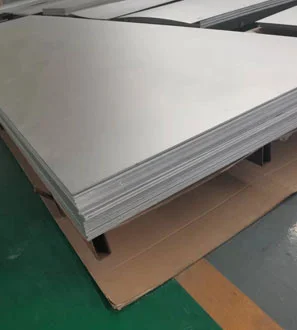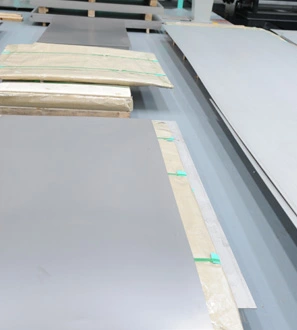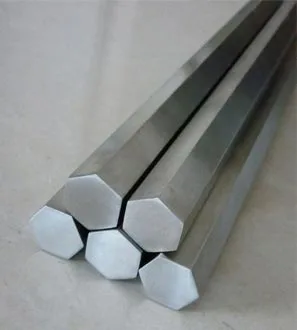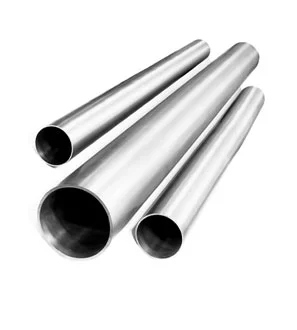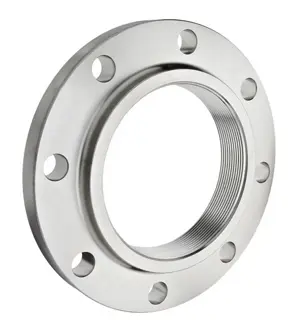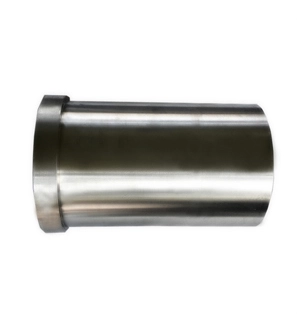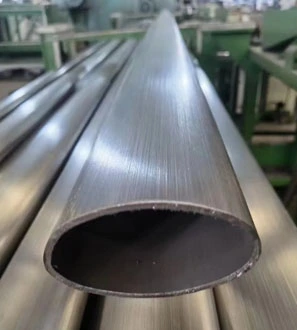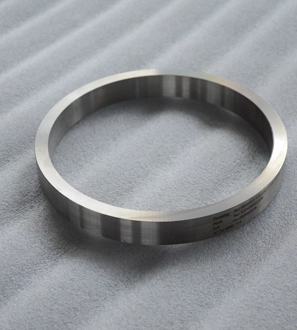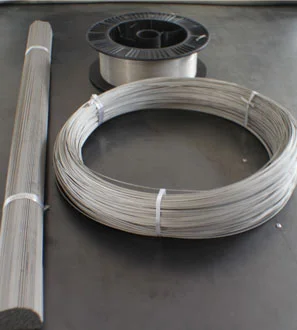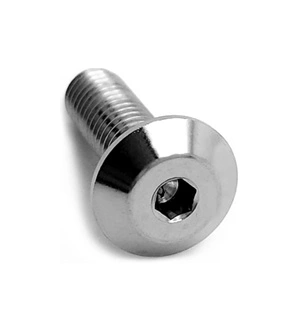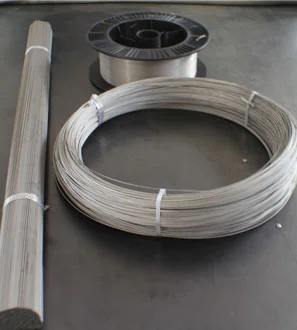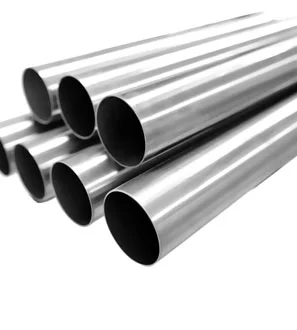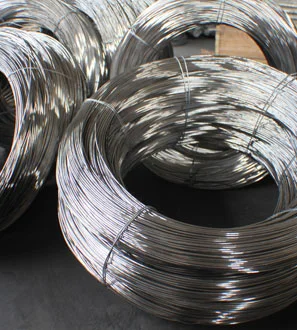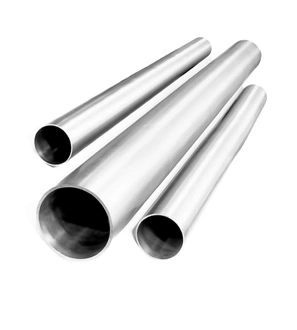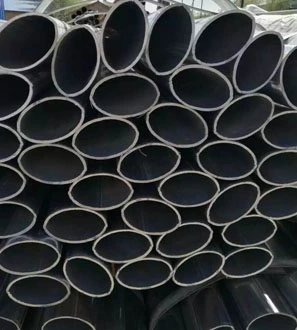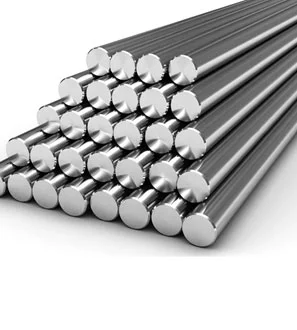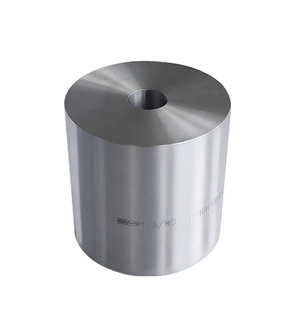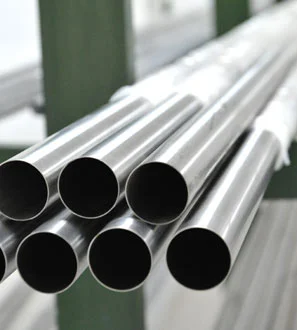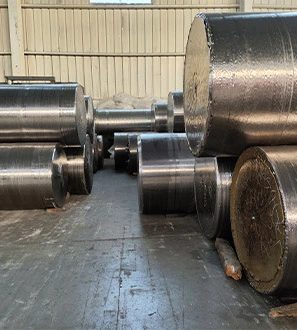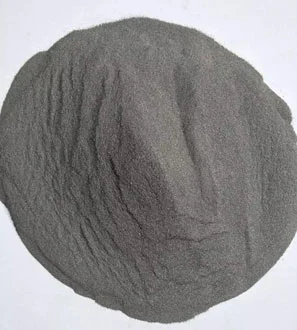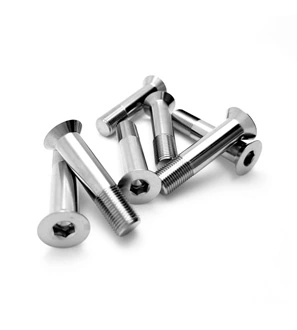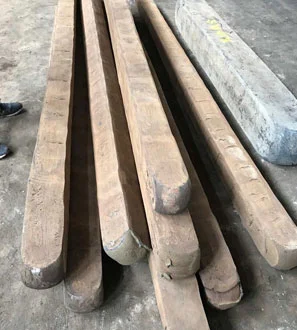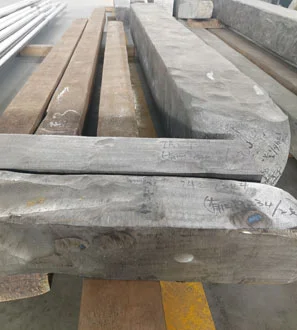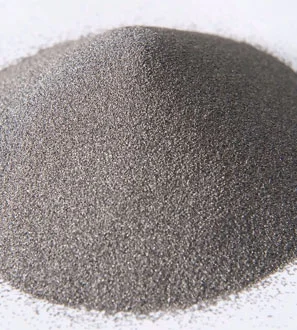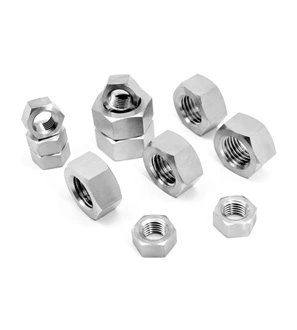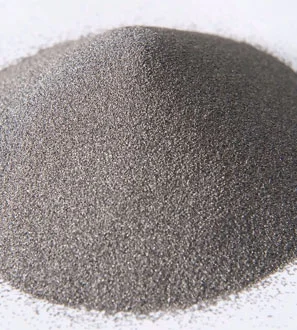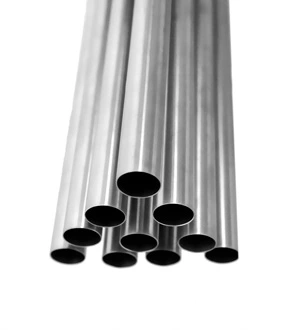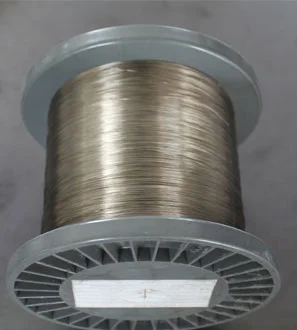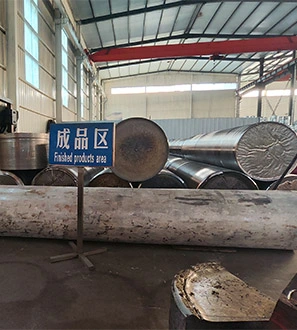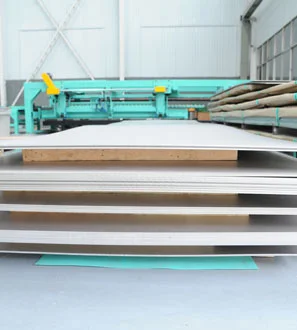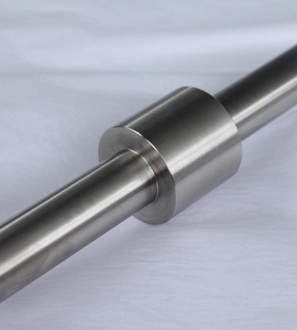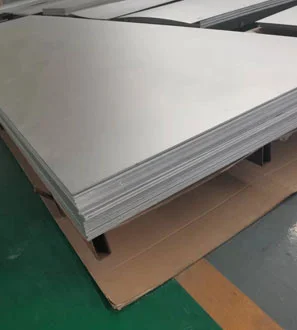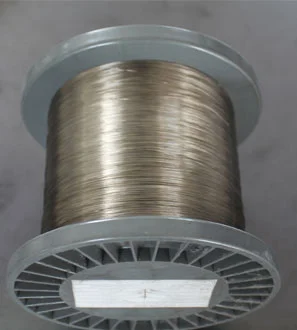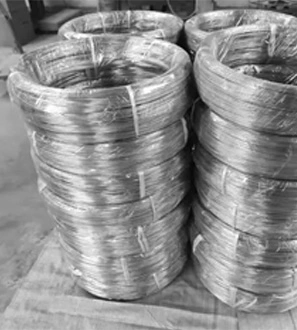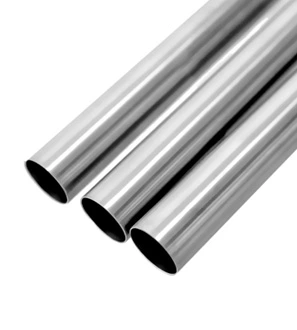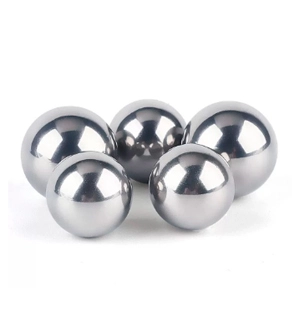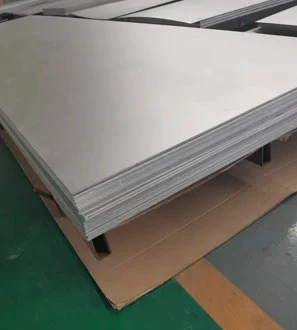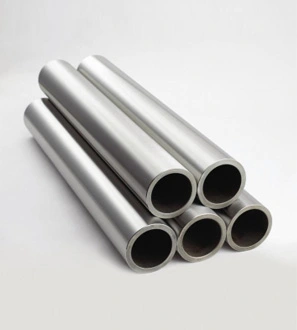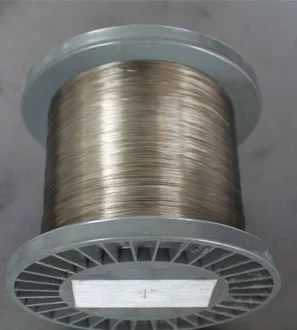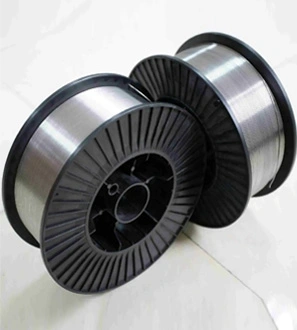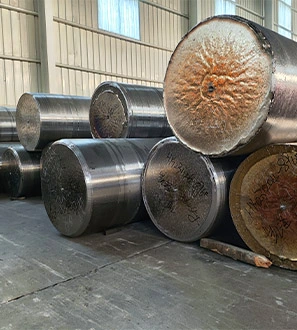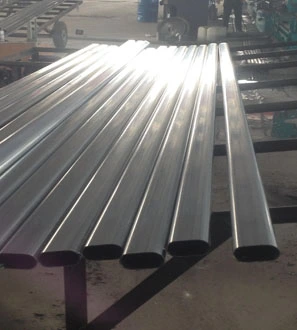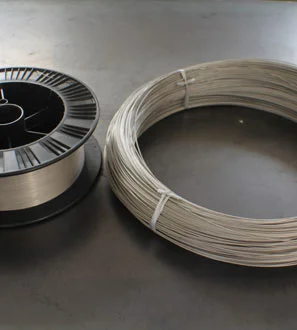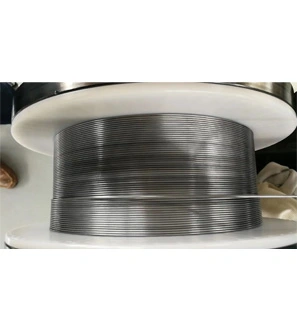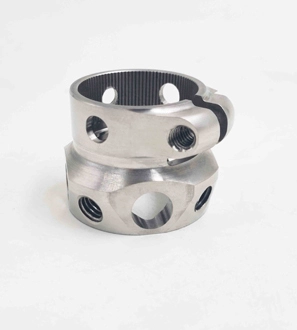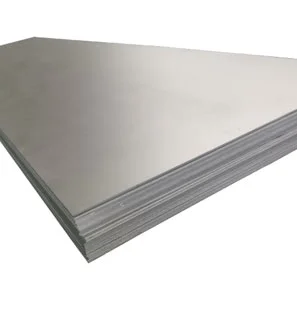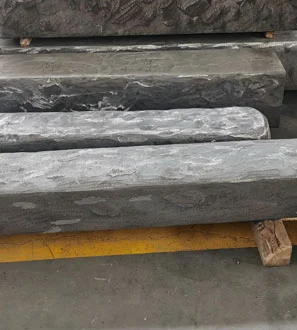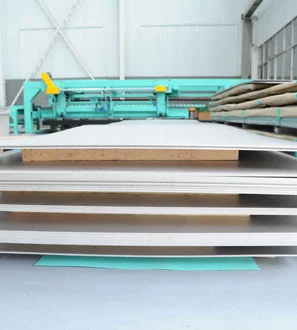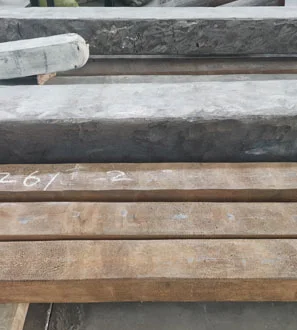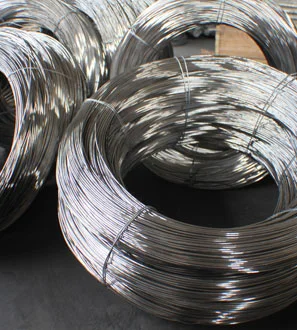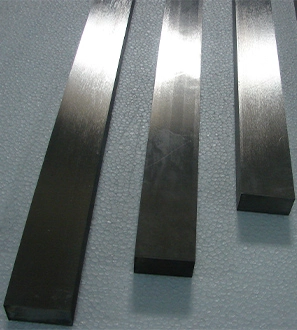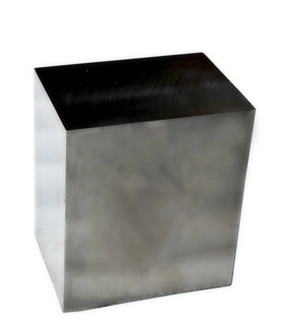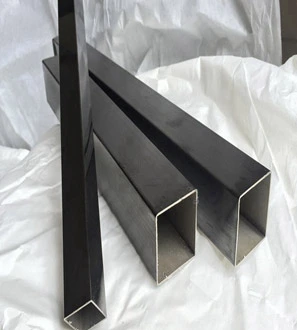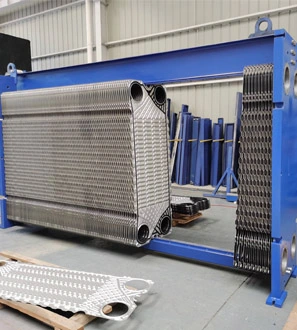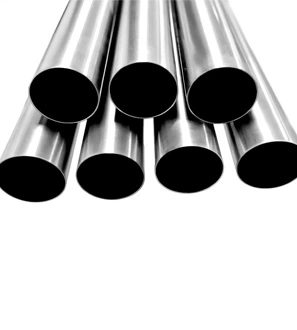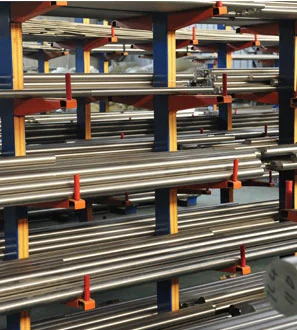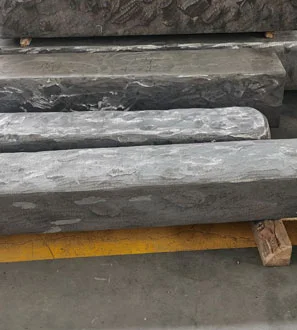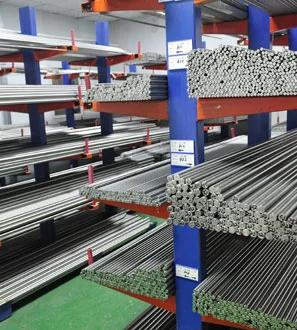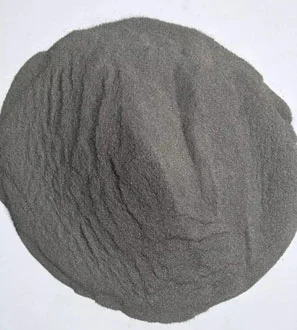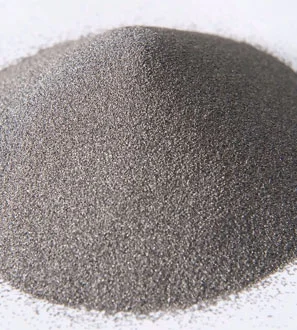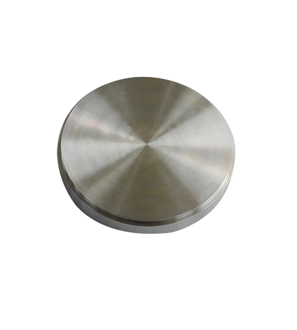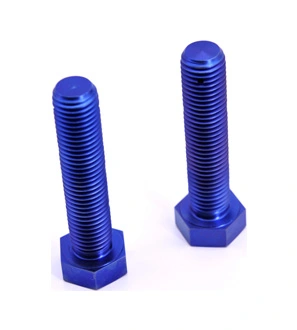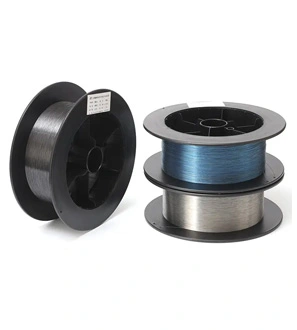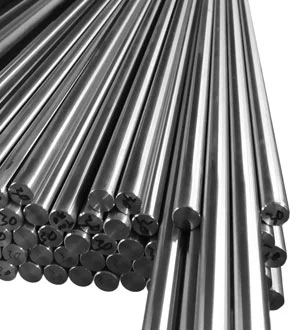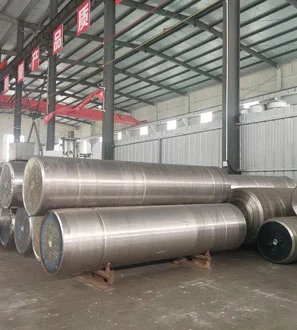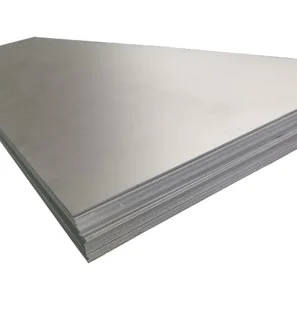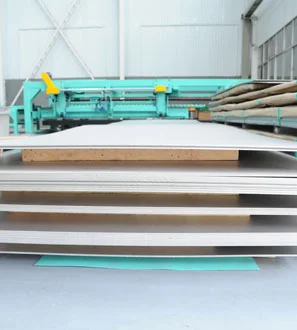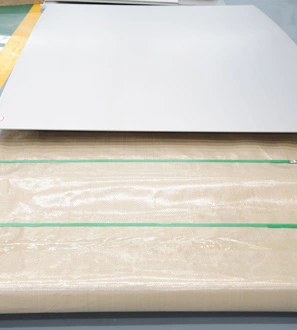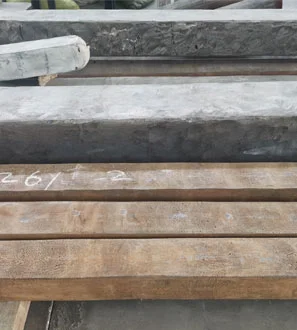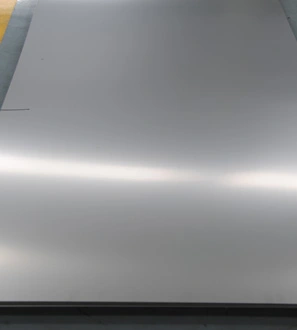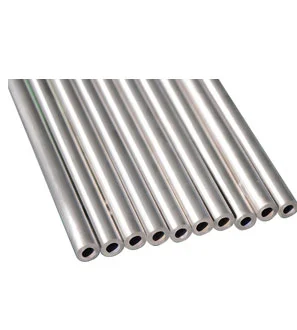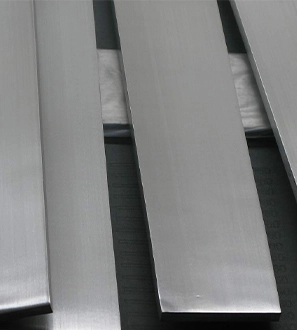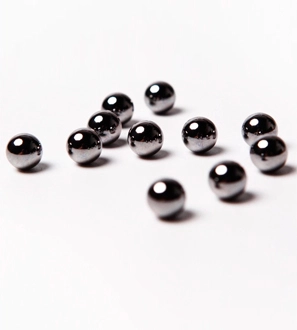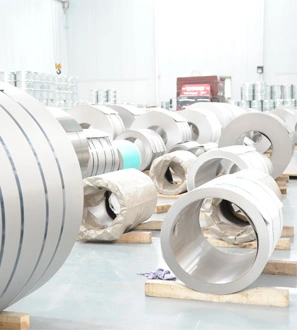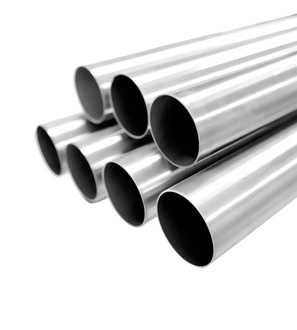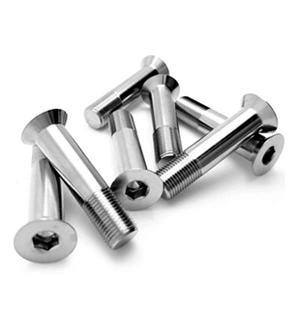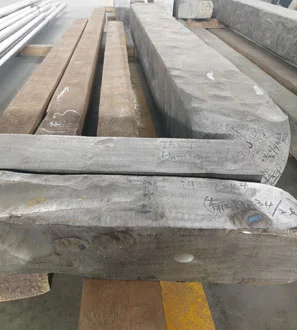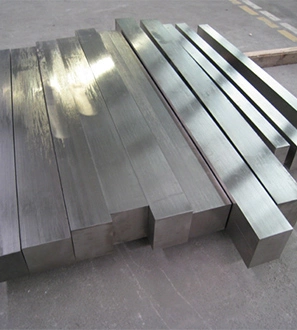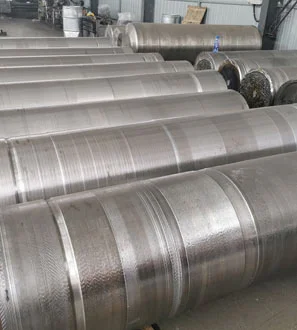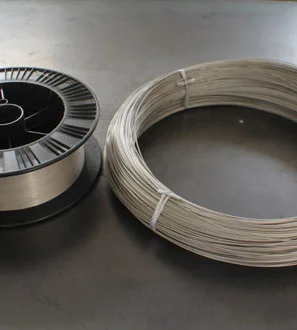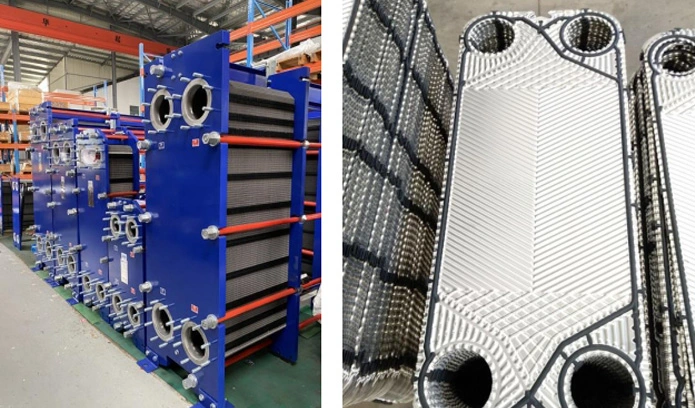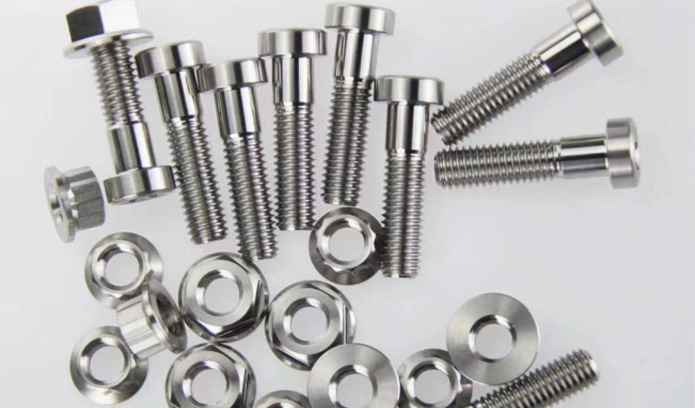Thank you for your
attention on Yesheng !
Sustainable Titanium Manufacturing: Paving the Way for Eco-friendly Practices
The Green Revolution in Titanium Extraction
As industries worldwide recognize the urgent need for sustainability, the titanium manufacturing sector has been proactively embracing eco-friendly approaches and green technologies. One key area of focus is the extraction of titanium from its ore. Traditional methods involve energy-intensive processes, but recent innovations are paving the way for more environmentally conscious practices. Researchers are exploring greener solvents and energy sources, aiming to reduce the carbon footprint associated with titanium extraction.
One promising development involves the utilization of bio-based solvents in the leaching process, replacing conventional chemicals with more environmentally friendly alternatives. This not only minimizes the environmental impact but also enhances the overall sustainability profile of titanium production. Additionally, advancements in hydrometallurgical techniques are enabling more efficient separation of titanium from its ore, reducing both energy consumption and the generation of harmful by-products.
The Rise of Eco-Friendly Titanium Alloys
In tandem with sustainable extraction practices, the manufacturing of titanium alloys is undergoing a green revolution. Engineers and materials scientists are actively developing alloys that not only meet stringent performance requirements but also prioritize eco-friendly elements. Titanium alloys incorporating recycled or repurposed materials are gaining traction, reducing the demand for virgin resources and minimizing waste in the production process.
Furthermore, the exploration of novel alloying elements derived from sustainable sources is on the rise. Alloys that integrate recycled metals or elements sourced from environmentally responsible mining practices showcase the industry's commitment to reducing its ecological footprint. These eco-friendly titanium alloys find applications across various sectors, including aerospace, medical, and renewable energy.
Closing the Loop: Titanium Recycling Initiatives
An integral aspect of sustainable titanium manufacturing is the establishment of robust recycling initiatives. Titanium has long been valued for its durability and corrosion resistance, making it an ideal candidate for recycling. Manufacturers are increasingly recognizing the economic and environmental benefits of recycling titanium scrap and waste generated during the manufacturing process.
Innovative technologies for titanium recycling, such as advanced melting and refining techniques, are enabling the industry to recover and reuse titanium more efficiently. This not only conserves valuable raw materials but also reduces energy consumption compared to primary production methods. The closed-loop approach to titanium manufacturing aligns with circular economy principles, where products at the end of their life cycle become feedstock for new materials, minimizing waste and environmental impact.
In conclusion, sustainable titanium manufacturing is at the forefront of the industry's evolution, driven by a commitment to eco-friendly practices and green technologies. From the extraction of titanium ore to the development of environmentally conscious alloys and recycling initiatives, the industry is actively addressing its environmental footprint. As the demand for titanium continues to grow, the integration of sustainable practices ensures a responsible and resilient future for titanium manufacturing.
 English
English  日本語
日本語  한국어
한국어  français
français  Deutsch
Deutsch  русский
русский 


